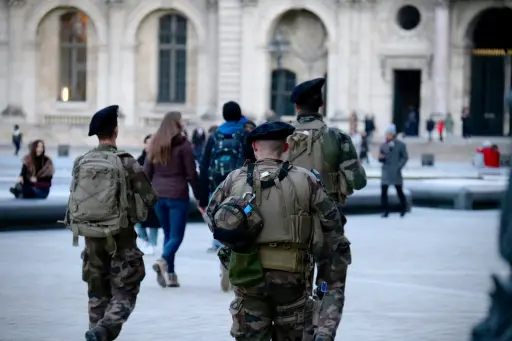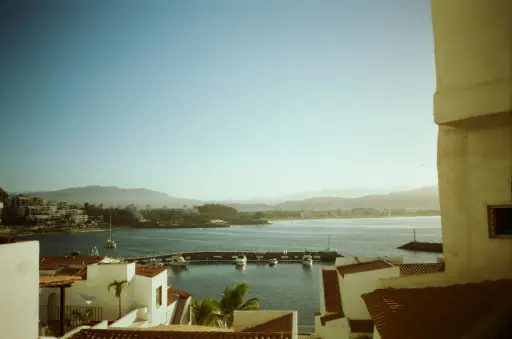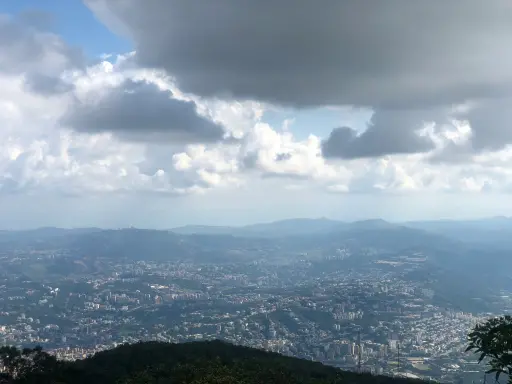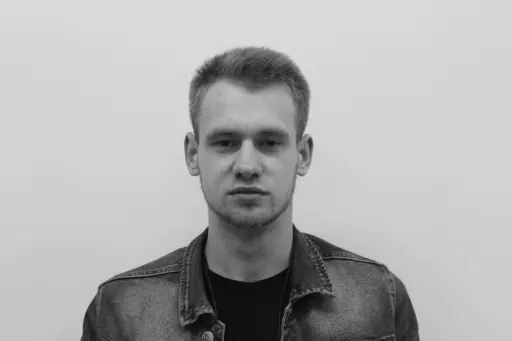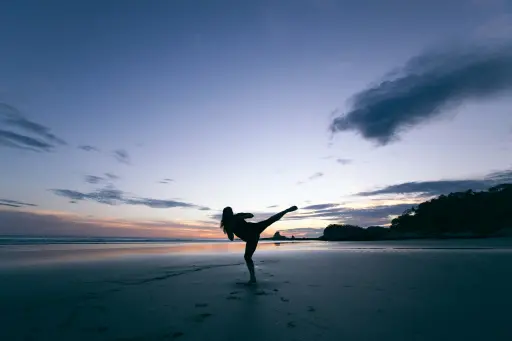Venezuelas little commandos took on Maduro Now theyre fleeing the country
By published
They referred to themselves as political “commandos,” aiming to overthrow the authoritarian regime led by Venezuelan President Nicolas Maduro. However, the opposition has reported that a significant number of their activists and electoral monitors are now fleeing the nation in the aftermath of last month’s disputed presidential election.
interviewed several Venezuelans who escaped their homeland in recent weeks, many using deceptive garments or concealing themselves amidst foliage on their treacherous journey to freedom. Numerous individuals made their passage unlawfully, traveling under the cover of night and taking refuge during daylight hours to elude the numerous checkpoints established by the state’s military. Some reported being passed through these barriers by officers they deemed sympathetic to their cause. Most chose to remain nameless during the interviews due to fears that government authorities might retaliate against their relatives upon discovering their exit from Venezuela.
"I had to leave my mother, who is 84… my husband did the same. She told me, ‘Stay strong, my dear; everything will turn out well; happiness will return to Venezuela, I’ll be waiting for you. If I’m not here when you come back, at least I’ll know you are free," recounted one woman, who escaped with her spouse and child. Her offense against the Maduro regime? Assisting in the collection of over 1,200 electoral “actas” – the printed receipts from voting machines that have become essential evidence for the opposition’s claim that the election was fraudulent.
Prior to the July 28 vote, an independent survey suggested that up to a third of the Venezuelan populace might contemplate fleeing if Maduro became re-elected. Just weeks later, those dissidents now represent a potential surge of emigrants as they attempt to escape increased government repression.
Viviana Save, an opposition organizer from Trujillo, noted that the state's crackdown on dissent began well before the election. Speaking to from an undisclosed refuge outside Venezuela, she explained that she had evaded arrest by frequently moving from one location to another starting on July 20. Save coordinated numerous campaign teams, known as “comanditos,” to engage voters opposed to Maduro’s continued dominance. These groups aimed to collect the actas across polling centers for an independent vote count.
In the lead-up to the election, government forces would loiter outside her residence to intimidate her family, she recounted. “They’d park across the street in vehicles from the intelligence service, wearing masks to instill fear,” she said.
After Maduro announced his victory following the polls—an outcome that raised immediate doubts among opposition leaders and international observers—Save and thousands of her compatriots protested in the streets. Venezuelan security forces have arrested a minimum of 2,000 opposition supporters, according to government figures. In some Caracas neighborhoods, residences of activists have been marked with black Xs, and at least 24 civilians and a soldier have fallen victim to political violence.
In response, Maduro has initiated the construction of two additional prisons to accommodate the influx of detainees and has dubbed the police initiative to track and arrest protestors “Operation Knock-Knock,” an alarming reflection of the regime’s fear-driven tactics.
Targeted personally in this widespread crackdown, Save recalls, “[Trujillo’s] Governor Gerardo Marquez displayed signage with my picture claiming I was a terrorist.” She refutes these accusations, asserting that she has never engaged in violent acts.
While Venezuela’s electoral council, aligned with the government, declared that Maduro garnered just over 50% of the votes, the opposition coalition and independent observers, including those from the United Nations and the Carter Center, have questioned the legitimacy of these results. Various countries, including the US and EU, have called for Venezuela to disclose more detailed results by polling location.
The Venezuelan opposition has made public more than 80% of the actas gathered from voting machines nationwide, totaling around 25,000 documents, with the assistance of volunteers like those interviewed by. Early analysis suggests that the opposition candidate, Edmundo Gonzalez Urrutia, may have genuinely defeated Maduro, according to several experts.

Nevertheless, disputing the government’s election narrative carries severe consequences. While Venezuelan law acknowledges the publication of electoral results, the government has labeled the opposition’s release of actas as fraudulent, offering no substantiation for their claims. Subsequent to this, Attorney General Tarek William Saab has summoned Gonzalez Urrutia for questioning, accusing him of “usurping” the electoral council’s role.
Amidst widespread detentions, numerous activists and reporters have alleged that the government has rendered their passports void to obstruct their escape, alongside other oppressive measures. The passport office has yet to respond to inquiries from.
Activists assert that those who participated in collecting the vote counts have been particularly targeted for government repression. “Everyone connected to our initiative is either in hiding here or abroad,” claimed another source involved in gathering the tallies. “The acta became a key piece against the government’s lies,” they added.
Leading figures in the opposition, including Gonzalez Urrutia and Maria Corina Machado, remain in concealing locations as Maduro has openly threatened their imprisonment.
Over seven million Venezuelans have reportedly left the nation since Maduro assumed power, according to United Nations data, with experts concerned that hundreds of thousands more could take similar steps in the coming months.
For Save, a critical moment came on August 2, just days after the election. After constantly on the move to evade capture, her vehicle broke down in a rural area, leading to a police patrol appearing shortly thereafter. She concealed herself behind a structure as bystanders engaged with the police, buying time. Thereafter, she fled up a hill and hid among banana plants for several hours, convinced that she would be apprehended that day. “I feared I would end up in the Helicoide,” she explained, referring to the notorious prison in Caracas known for housing political opponents of the regime.
Days later, she successfully departed the country while disguising herself. “At one point, I had to hop on a motorcycle wearing flip-flops to blend in, but thankfully it worked, and I’m free,” she recounted.
Another dissident shared their own harrowing escape, revealing they fled by motorcycle, traveling under the stars and resting during daylight after receiving word that security forces were closing in.
In recent years, several nations in the Americas have placed restrictions on Venezuelan travelers to reduce migration pressures. The activists spoke with expressed intentions to return to Venezuela in the near future and did not seek asylum abroad.
Save is contemplating a journey to the United States, where a growing number of displaced opposition leaders reside. However, her true aspiration lies in returning to Trujillo, where she believes the spirit of resistance remains strong—even among the military officials tasked with enforcing Maduro’s regime.
“The government underestimated our capacity to mobilize support among the populace. They instructed the military to prevent our witnesses from obtaining the actas. Yet we secured 92% of them, indicating their orders were not strictly followed,” she noted. “The people stand with us.”
More news
